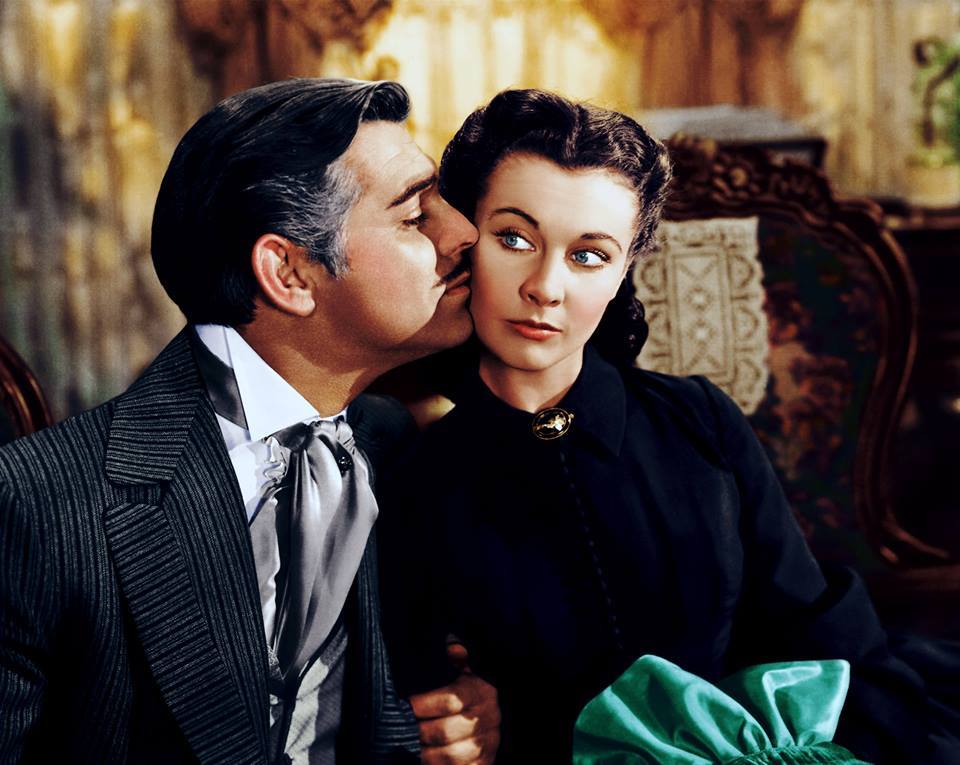 Gone with the Wind
(1939)
Gone with the Wind
(1939)
Academy Award for Best Cinematography, Color (Ernest Haller)
Academy Award for Best Director (Victor Fleming)
Academy Award for Best Film Editing (Hal C. Kern, James E. Newcom)
Academy Award for Best Picture
Academy Award for Best Production Design
Academy Award for Best Supporting Actress (Hattie McDaniel)
Academy Award for Best Writing, Adapted Screenplay (Sidney Howard)
National Film RegistryAward nominations: Academy Award for Best Actor (Clark Gable)
Academy Award for Best Original Score (Max Steiner)
Academy Award for Best Sound Mixing
Academy Award for Best Special Effects
Academy Award for Best Supporting Actress (Olivia de Havilland)Award details: (details at IMDb)
Below are links to reviews and further info from selected film sites. Links surrounded by a solid border lead directly to a page about this movie on that site. Links surrounded by a dashed border lead to a Google search for this exact movie title on that site. You may find it more efficient to open these links in separate browser tabs. Click Show More / All / Default to see more available links or return to the standard default selection. More (or fewer) choices of links can be selected via Options, and you can save your personal defaults (requires login).
Gone with the Wind is a 1939 American epic historical romance film adapted from Margaret Mitchell's Pulitzer-winning 1936 novel. It was produced by David O. Selznick of Selznick International Pictures and directed by Victor Fleming. Set in the 19th-century American South, the film tells the story of Scarlett O'Hara, the strong-willed daughter of a Georgia plantation owner, from her romantic pursuit of Ashley Wilkes, who is married to his cousin, Melanie Hamilton, to her marriage to Rhett Butler. Set against the backdrop of the American Civil War and Reconstruction era, the story is told from the perspective of white Southerners. The leading roles are portrayed by Vivien Leigh, Clark Gable, Leslie Howard, and Olivia de Havilland. The production of the film was troubled from the start. Filming was delayed for two years due to David O. Selznick's determination to secure Clark Gable for the role of Rhett Butler, and the "search for Scarlett" led to 1,400 women being interviewed for the part. The original screenplay was written by Sidney Howard, but underwent many revisions by several writers in an attempt to get it down to a suitable length.

